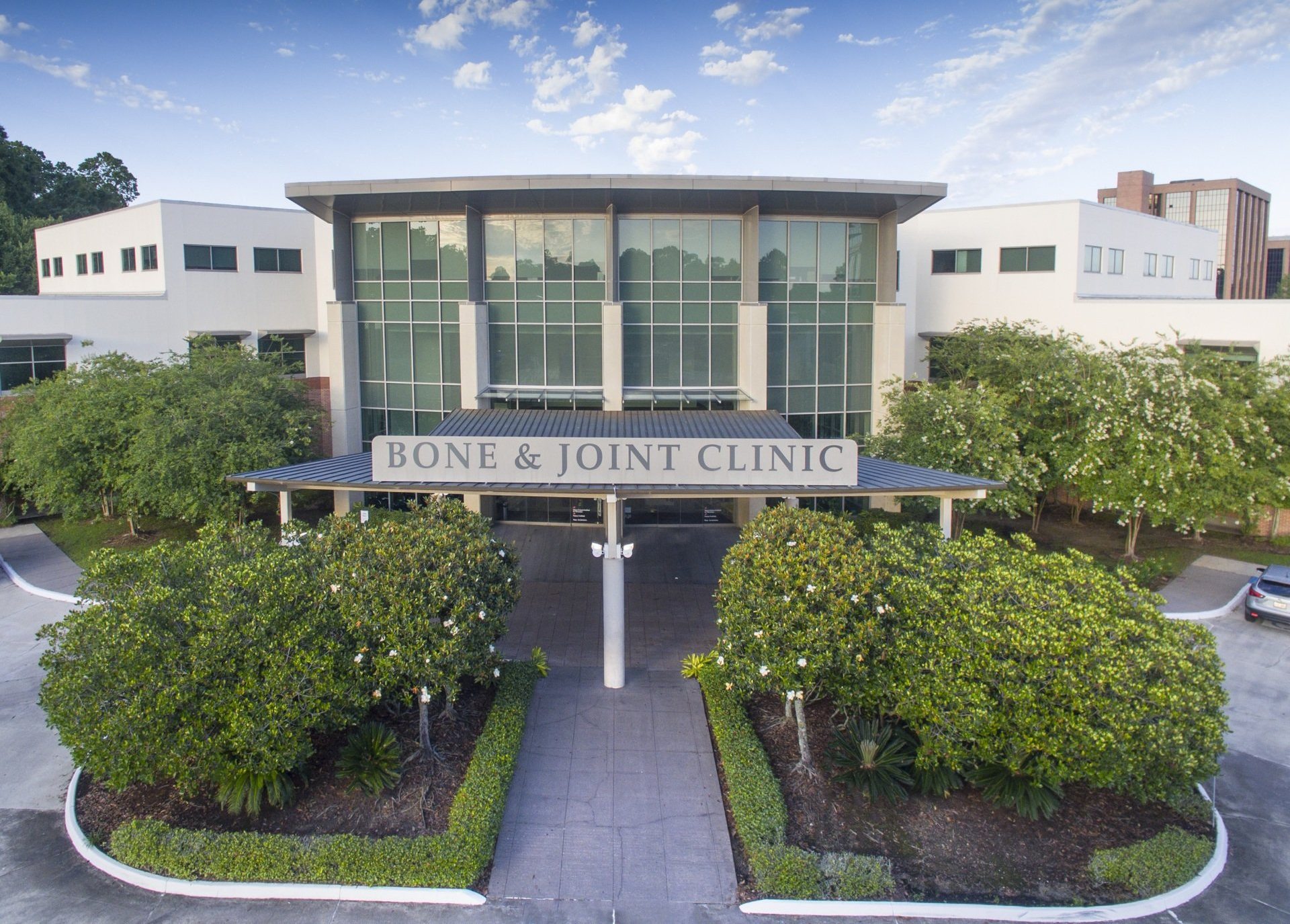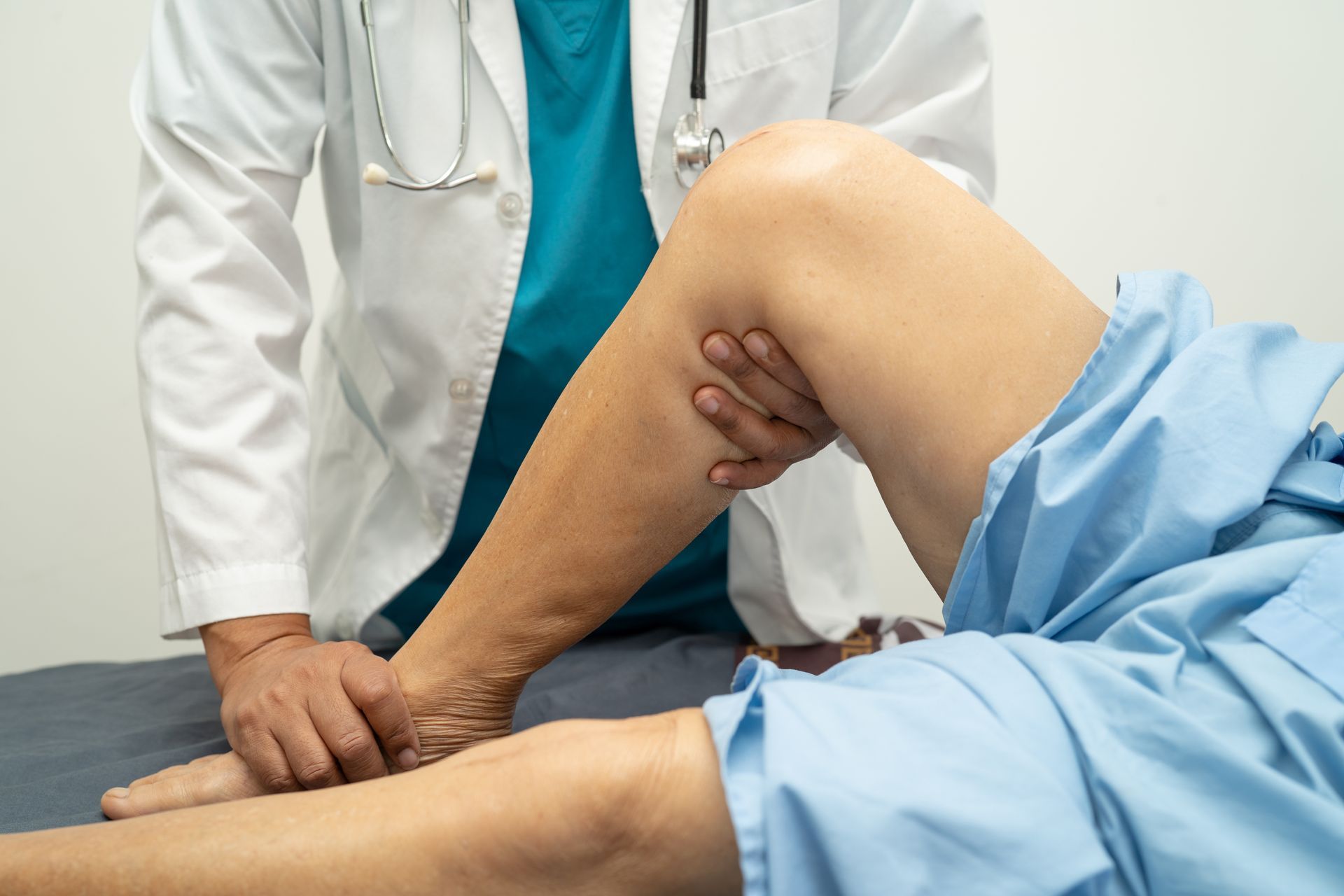At the Bone and Joint Clinic of Baton Rouge, we understand that hip pain can be debilitating. It affects the hip joint and manifests as groin, thigh, or knee discomfort. Many of our patients come to us with frustrating and painful conditions like a hip flexor strain, a common issue that can significantly impact mobility and quality of life. Understanding this condition, its causes, and treatment options is crucial for effectively managing and preventing further injuries.
What is a Hip Flexor Strain?
A hip flexor strain happens when there's a tear in the muscles that help you lift your legs. The main muscles involved are the iliacus and psoas, known as the "iliopsoas." These muscles are essential for walking, bending, and raising your knees. Strains typically occur from overusing these muscles, leading to small tears in the muscle fibers, causing significant pain and making moving difficult.
Common Causes of Hip Flexor Pain
While a hip flexor strain is a direct cause of pain, it's important to recognize that other conditions can also present similar symptoms. Conditions such as hip impingement or hip osteoarthritis often cause pain in the front of the hip, mistakenly attributed to the hip flexors.
Hip Flexor Treatment Options in Baton Rouge
The treatment for a hip flexor strain typically starts with non-surgical, conservative methods. These can include:
- RICE Method: Rest, Ice, Compression, and Elevation are first-line treatments to reduce inflammation and pain.
- Physical Therapy: Custom exercises and stretches to strengthen the area and prevent further injury.
- Medication: Over-the-counter NSAIDs can be used to manage pain and swelling.
When Surgery Might Be Necessary for a Hip Flexor Injury
Although rare, severe cases of hip flexor strain in which the muscle or tendon has completely torn might require surgical intervention to repair the damage and restore function.
Preventing Hip Flexor Strains
Prevention is key, and increasing the flexibility of your hip flexors can help. Always begin your workout with a warm-up and end with a cool-down, including stretches for your quadriceps and hamstrings. When facing hills, walk down instead of running to reduce impact. Consider swimming as a low-impact alternative to running or biking. If you run, opt for smooth, soft surfaces like a track rather than hard cement. For those with flat feet, special shoe inserts and arch supports can help, and ensuring your running shoes are well-made, fit properly, and provide good cushioning is crucial.
When to Seek Medical Advice for Hip Pain
If you experience sudden or persistent hip pain, it's crucial to consult with an experienced orthopedic specialist to diagnose the cause of your discomfort correctly. Misdiagnosing hip pain can lead to inappropriate treatment and prolonged recovery.
At the Bone and Joint Clinic of Baton Rouge, we are committed to a thorough approach to treating hip flexor strains and other related conditions. Our hip specialists will guide you through each stage of diagnosis, treatment, and recovery, helping you achieve greater mobility with less pain. If you're experiencing hip pain, consider scheduling an appointment with one of our orthopedic specialists. Prompt treatment of hip pain typically results in helping you move more and hurt less.




